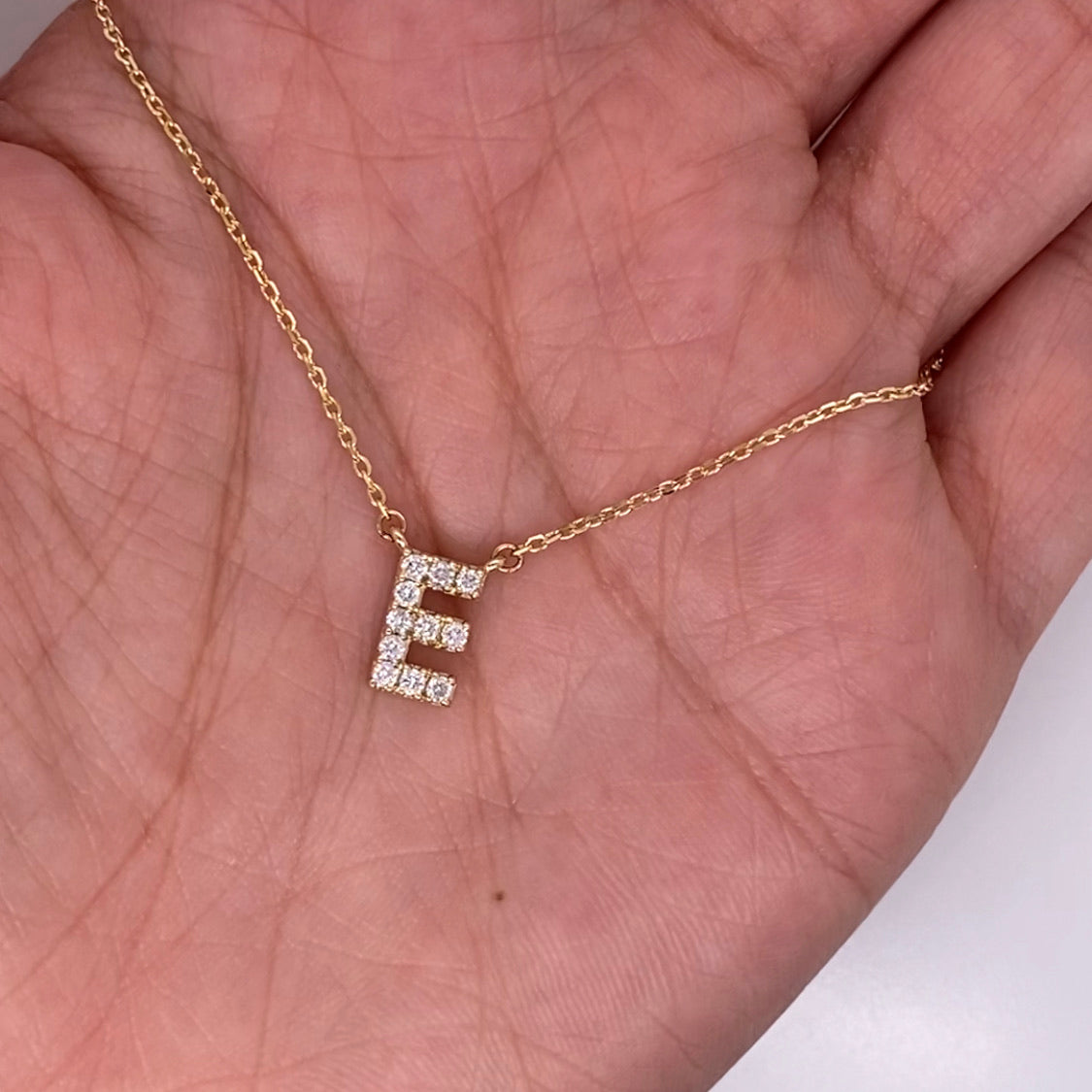Table of Contents
What is Bullion and Why Do People Pawn It?
Bullion refers to precious metals, such as gold and silver, that are typically stored in the form of bars or coins and valued based on weight and purity. The intrinsic value of bullion makes it a desirable asset, and its value tends to remain relatively stable or even appreciate over time.
People often pawn bullion Perth when they need quick access to cash but don’t want to sell their valuable items. By pawning bullion, you can use it as collateral to secure a loan, allowing you to retain ownership of the precious metals. However, if you fail to repay the loan, the pawn shop or lender can take possession of the bullion.
Bullion as a Tangible Asset
Bullion is often considered a tangible asset that holds significant value, regardless of the state of the economy. Its appeal lies in its relatively stable value compared to other assets like stocks or bonds, making it a reliable form of collateral for short-term loans. Whether you have gold coins, silver bars, or a rare collectible piece, pawning bullion provides access to fast cash without the hassle of selling your items outright.
Benefits of Pawning Bullion Instead of Selling It
One of the key advantages of pawning bullion is that it allows you to retain ownership of your precious items. Unlike selling bullion, which means parting with your asset permanently, pawning allows you to get cash quickly and redeem your items once you repay the loan.
Another benefit is the ability to use your bullion as collateral without the need for a credit check. This can be especially advantageous for people with poor credit scores or those who don’t want a credit inquiry on their record. Pawning offers a quick, straightforward solution without the lengthy approval process of traditional loans.
How Does Pawning Bullion Work in Perth?
Pawning bullion in Perth follows a relatively simple process. Here’s what you can expect:
The Appraisal Process for Bullion
The first step in pawning bullion is the appraisal process, where the pawn shop or lender will evaluate the item’s value. This appraisal is based on factors like the weight of the metal, its purity (measured in karats for gold or percentages for silver), and the current market price of precious metals.
For example, the value of gold fluctuates based on global market conditions. Therefore, the amount you can borrow will be directly influenced the current price of gold or silver. You can expect a reputable lender to offer a loan based on the market value of your bullion, typically at around 60-80% of its appraised value.
Loan Amount and Loan-to-Value Ratio
The loan amount you can receive will depend on the weight, purity, and market price of your bullion. Lenders usually offer a loan based on a Loan-to-Value (LTV) ratio, which means they’ll lend you a percentage of the bullion’s value. Typically, the higher the value of your bullion, the larger the loan you can secure.
For instance, if you’re pawning a 1-ounce gold coin worth $1,500, the lender may offer you a loan of $900 to $1,200, depending on their LTV ratio and their appraisal of the item.
Setting Loan Terms and Conditions
Once your bullion is appraised, the next step is agreeing on the loan terms. These terms typically include:
- Interest Rates: The lender will charge interest on the loan, which can vary depending on the pawnshop or lender. Interest rates for pawn loans are typically higher than traditional loans, as they are secured with collateral.
- Loan Term: The loan term is the amount of time you have to repay the loan, usually ranging from 30 days to several months.
- Repayment Schedule: The lender will outline the repayment schedule, which may be a lump sum or broken into smaller installments.
Interest Rates and Fees to Expect
Interest rates on pawn loans can be high, ranging from 10% to 25% per month, depending on the lender. It’s important to factor in the interest when considering whether pawning your bullion is a good option. Some pawn shops may also charge additional fees, such as processing fees or storage fees for your bullion.
Repaying the Loan or Losing the Bullion
The most important thing to remember when pawning bullion is that you must repay the loan on time to get your item back. If you fail to repay the loan as agreed, the lender has the right to sell or keep your bullion to recover the loan amount.
If you repay the loan on time, you’ll receive your bullion back, and your credit won’t be affected. However, if you default on the loan, the lender will keep your item and you won’t be able to recover it.
Advantages of Pawning Bullion in Perth
Fast and Convenient Cash
One of the biggest advantages of pawning bullion is the speed of the transaction. In contrast to applying for a bank loan or using a credit card, pawning bullion provides quick access to cash. The entire process can take as little as 30 minutes, making it an excellent option when you need money urgently.
No Credit Check Needed
Unlike traditional loans, pawning bullion doesn’t require a credit check. This can be a huge benefit if you have bad credit or no credit history at all. Since the loan is secured your collateral (the bullion), the lender is primarily concerned with the value of the asset rather than your credit score.
Retaining Ownership of Your Bullion
Pawning allows you to keep ownership of your bullion while still obtaining a loan. This means you don’t have to part with your precious metals forever—just as long as you repay the loan. If you want to keep your bullion but need quick cash, pawning can be the ideal solution.
Risks of Pawning Bullion in Perth
While pawning bullion in Perth has its benefits, there are also some risks to be aware of:
High Interest Rates
As mentioned earlier, pawn loans typically come with high-interest rates. If you’re unable to repay the loan quickly, the interest can add up, making the loan expensive. This can lead to a situation where you end up owing more than the original loan amount.
Losing Your Bullion
If you fail to repay the loan, you risk losing your bullion. While this is a worst-case scenario, it’s important to be aware of this risk and only pawn bullion if you’re confident you can repay the loan.
Short Loan Terms
Pawn loans are often short-term, with repayment periods ranging from 30 to 90 days. If you’re unable to repay within this time frame, you may lose your collateral or face additional fees and interest charges.
Where to Pawn Bullion in Perth
Local Pawn Shops in Perth
There are several local pawn shops in Perth where you can pawn your bullion. Many of these shops specialize in precious metals, and they have the expertise to appraise your items accurately. Make sure to research the reputation of any pawn shop you choose to ensure they offer fair deals.
Bullion Dealers and Specialist Lenders
Some dealers in Perth specialize in buying and lending against bullion. These professionals can offer better rates and more favorable terms than traditional pawn shops. If you have valuable or rare bullion, working with a specialist may be the best option.
Online Pawn Services
Online pawn services allow you to pawn your bullion without leaving your home. While convenient, it’s important to do thorough research and ensure that the online service is reputable. Look for customer reviews and ensure they offer secure shipping and fair valuations.
What Affects the Value of Your Bullion?
Current Market Prices for Gold and Silver
The price of gold and silver can fluctuate depending on market conditions. If the price of Melbourne gold buyers is high, you may receive more for your bullion than if the price is low. Understanding the market trend can help you time your pawn loan for the best return.
Weight, Purity, and Condition of the Bullion
The weight and purity of your bullion directly impact its value. A 1-ounce coin made from 24-carat gold will be worth more than a coin of the same size made from 14-carat gold. Additionally, the condition of the bullion can influence its value—rare, unblemished coins will command a higher price.
The Reputation of the Bullion
Some pieces of bullion are more valuable because of their historical significance, rarity, or brand reputation. For example, certain limited-edition coins or bullion from well-known mints like the Perth Mint or Royal Mint can fetch a premium price.
How to Get the Best Deal When Pawning Bullion
Shop Around and Compare Offers
It’s always wise to shop around and get offers from multiple pawnshops or bullion dealers before committing to one. Comparing offers will ensure you get the most value for your bullion.
Get Your Bullion Professionally Appraised
Consider getting an independent appraisal of your bullion before pawning it. This can help you ensure you’re being offered a fair value based on the current market conditions.
Negotiate Terms Before Accepting the Loan
Don’t hesitate to negotiate the terms of the loan, especially the interest rate and repayment schedule. Pawnshops may be willing to offer better terms if they see that you’re serious about repaying the loan.
Alternatives to Pawning Bullion
Selling Bullion Instead of Pawning It
Selling your bullion outright can be an alternative if you no longer wish to keep it. However, this means you will lose ownership of your precious metals. If you only need short-term cash, pawning may be a better option.
Taking a Personal Loan or Line of Credit
If you have good credit, you might consider taking a personal loan or line of credit from a bank. This option offers lower interest rates, but you may need to meet certain eligibility criteria.
Using Bullion as Collateral for a Bank Loan
Some banks may allow you to use your bullion as collateral for a secured loan. This may offer better terms than pawning, but the process can be more time-consuming.
Conclusion: Is Pawning Bullion Right for You?
Pawning bullion in Perth is a viable option for those who need quick cash without selling their precious metals. It’s a straightforward process that offers fast access to funds while allowing you to retain ownership of your items. However, it’s important to understand the risks, including high-interest rates and the possibility of losing your bullion if you default on the loan.




